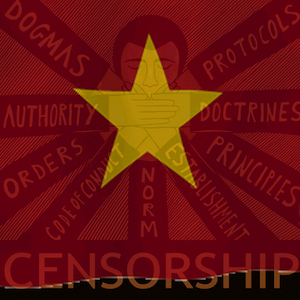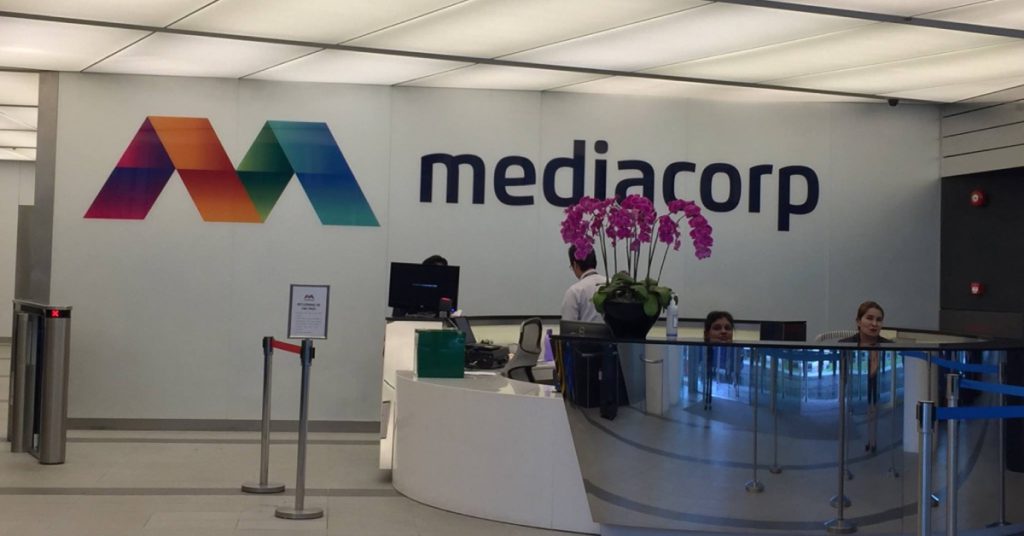For the longest time, the Vietnamese government has been trying to repress and block content that fuels online dissidence. To say Vietnam has a troubled relationship with the Internet would be an understatement.
Harassment and arrests by the government are common in Vietnam as some of the means to repress online freedom of speech. It’s estimated that Vietnam has imprisoned 46 bloggers and activists so far this year, second only to China, and it’s ranked 172nd out of 179 countries in the Reporters Without Borders Press Freedom Index.
Earlier in October, a Vietnamese Facebook user was sentenced 15 months of house arrest for “abusing” his “freedoms of an ordinary citizen that disrupted the government, government officials, organizations and other citizens”. How? He campaigned online for the release of his brother whom was jailed 15 months for criticizing the government.
In another separate case, a pro-democracy blogger broke the news of his own detention and eventual release in Vietnam through Facebook, another sign of how the social network is shaking up the country’s activist movement and worrying its authoritarian rulers. In a video message posted by activists soon after his detention at the Hanoi airport Wednesday night, Nguyen Lan Thang said, “When you see this video, it’s certain that I have been arrested by security forces.”
Earlier in September too, Vietnam passed a decree banning the sharing of news online, making it illegal for social media users to post information gathered from almost all news sources in the name of “national security” and preventing copyright infringement. The decree is also known as Decree 72.
Vietnam’s Deputy Minister of Information and Communications, Le Nam Thang, said the new rules aim to help internet users “find correct and clean information on the internet,” the VietnamNet online newspaper reported.
“Personal electronic sites are only allowed to put news owned by that person, and are not allowed to ‘quote’, ‘gather’ or summarise information from press organisations or government websites. It’s also illegal to provide on social media “information that is against Vietnam, undermining national security, social order and national unity … or information distorting, slandering and defaming the prestige of organisations, honour and dignity of individuals.”
Blogs or social media sites such as Facebook and Twitter should only be used “to provide and exchange personal information”, according to the decree.
The communist country, was branded an “enemy of the Internet” by Reporters Without Borders in 2013.
So the next time you are at Vietnam, do be careful about what you share on your social networks.
Read also: YouTube Comments Are Now Powered By Google+















